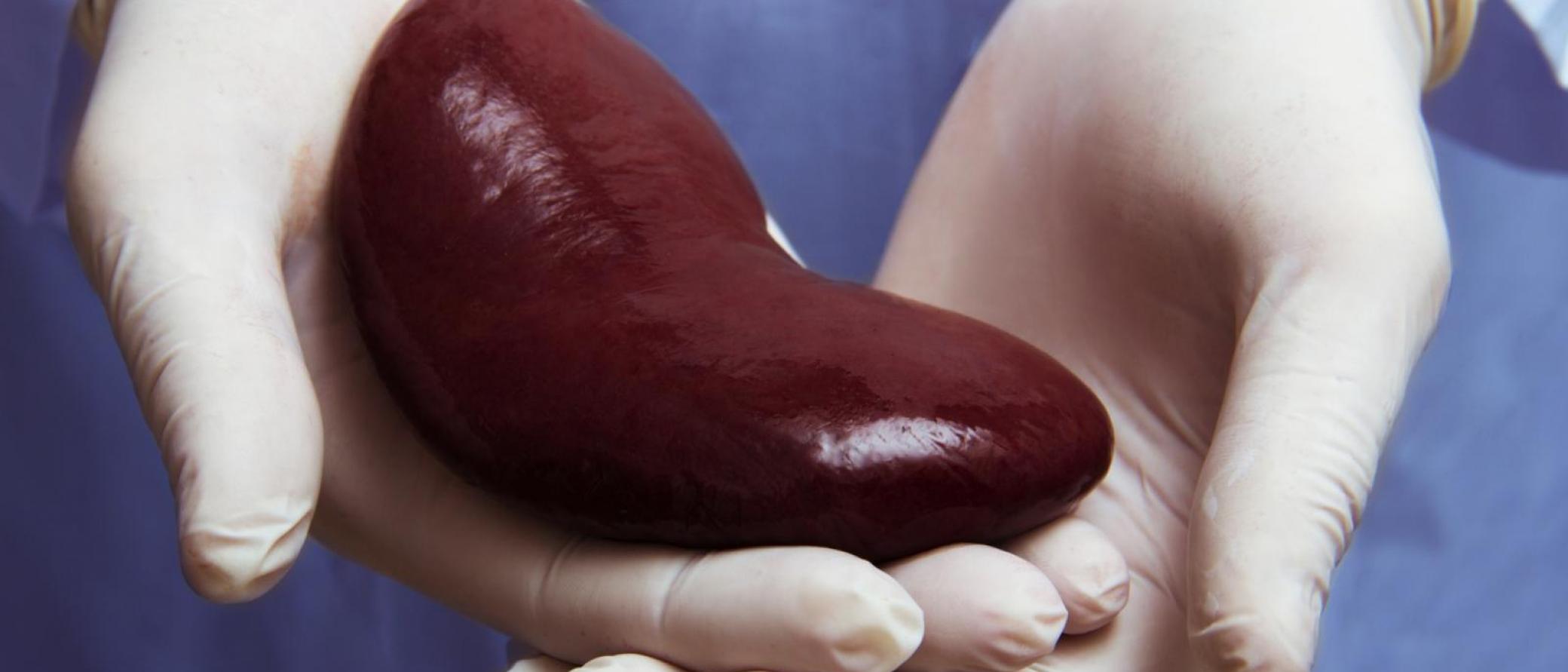Candidates who died without a transplant received a median of 16 offers (over 651 days) while waitlisted.
And most patients were never made aware they got an offer at all.
This data comes from 14,000,000 kidney offers made between 2008 and 2015 to more than 350,000 waitlisted patients in the United States. The analysis revealed that 76 percent received at least one viable offer of a kidney. Some were automatically declined due to a center's acceptance criteria and those were counted as viable offers, but offers of kidneys that were eventually discarded and never transplanted were not.

Image: Columbia University
Of the 280,041 patients who received at least one offer, 30 percent, about 85,000 people, either died on the waitlist or were removed from the waitlist before receiving a kidney. For candidates who received at least one offer but died without a transplant, the first offer arrived a median of just 78 days after a candidate joined the list.
Centers that decline organs seem to be confident another one will be along soon
The vast majority of organs, 84 percent, were declined at least once even if they were an ideal immunological match. Concern about organ quality was the reason most often provided by the transplant team for declining the kidney. "But clearly these organs were transplantable, because all of them were eventually transplanted," says study leader Sumit Mohan, MD, associate professor of medicine at Columbia University Mailman School of Public Health.. "We know 93% of transplanted kidneys are still working after one year and 75% are still working after five years, which calls into question the validity of these decisions to decline offers of a kidney."
Patients unaware of declined offers - Trump's executive order will change that
A transplant team has 60 minutes to accept or decline an organ offer, and patients are not told when an organ is declined on their behalf, even after the fact. And it may be because no one is available to make the decision. Transplant centers certainly would not want patients knowing that and it is doing them a disservice. Organ donors want their organs used, people want to be higher on the list to get a transplant sooner.
"It's better to get a less-than-perfect kidney sooner than to wait years for the perfect kidney to come along. Better communication between patients and transplant centers may prompt a reconsideration of how and when to decline offers," Mohan says. "The vast majority of kidneys are not going to the first matched candidate on the list. The current system, which allows centers to decline offers without patient involvement or awareness, appears to make an otherwise objective allocation system more subjective than intended."
The recent executive order directing the Secretary of Health and Human Services to improve the allocation and utilization of deceased-donor kidneys may create an opportunity for change.






Comments